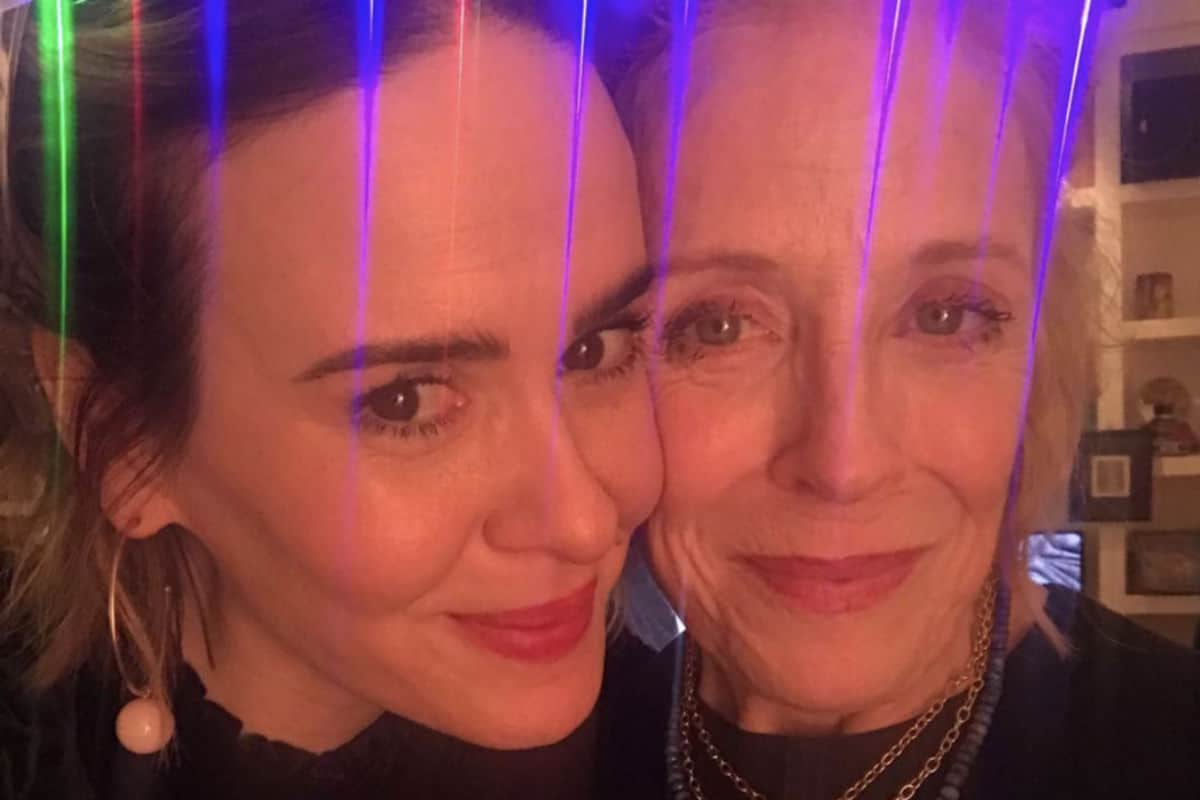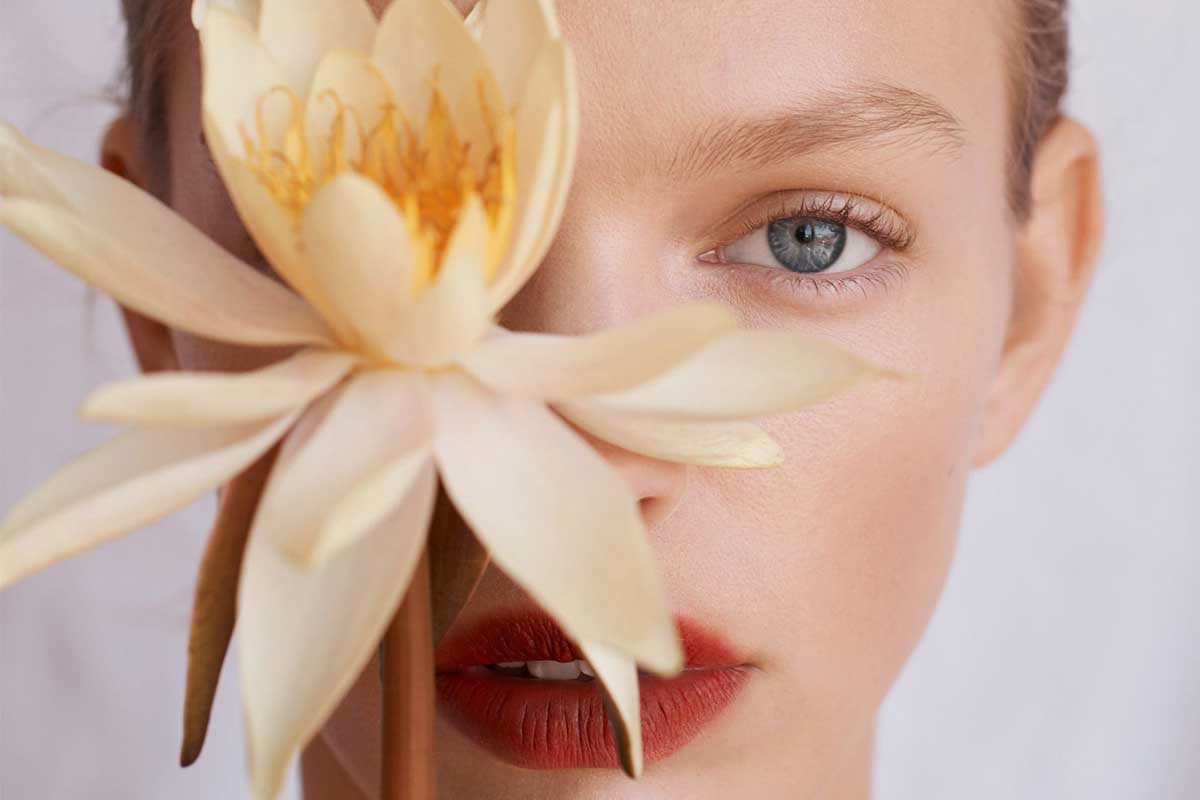
For someone who spends most of my life on the internet and at least 60% of that time immersed in queer things on the internet, I felt a pang of shame last week when Jess Blanch sent through a headline detailing Holland Taylor and Sarah Paulson's relationship, which is one I knew nothing at all about, let alone that it existed.
While I don't consider myself a celebrity busy-body in any iteration, and would actually rather do anything else than read up on relationships between celebrities, I do like to make myself aware of the queers in Hollywood who are out and living it up, from a solidarity lens. When I found out about Taylor and Paulson, I thought to myself, "is my finger not on the pulse? Am I not as informed on the zeitgeist as I think myself to be?" which was followed by a questioning of why, in general, there is such little coverage of the relationship between two such prolific actors.
Partially, this comes down to personal choice. In this specific instance, Taylor and Paulson's relationship has been relatively quiet simply because Taylor hasn't spoken at length about it until this year, claiming in a recent interview with Advocate "I'm more free talking about my personal life now because people do speak very personally in interviews. But when I was younger, I didn't have a big public marriage or relationship with children and a big public life. I just lived my life normally. I wasn't behind closed doors." but also that "When I started to be known, it was just a subject that never came up in a sense that no one would ask me. I don't know why no one would ask me, but they didn't."
Regardless of whether or not Taylor was out, it seems bizarre that barely any reporters asked her about her dating life throughout her career, and again why the public was not interested? It's a familiar tale when we look the way media treats older women, as though viewing them as sexual beings is not an option.
Which begs the question: when women in media aren't viewed as sexual, what kind of spaces are they occupying?
When women are desexualized by the media (mostly when they reach a certain age or have had children) it is often in service of 'better things', respectability politics come into play and the industry decides to finally celebrate them for being the accomplished creatives they happen to be, instead of reducing them to a function of the patriarchy and male gaze.
It could be argued that journalists don't ask older, distinguished women about their relationships because it's not the most interesting thing about them, which is correct, except that it plays into a rather ageist fantasy, and strips older women of celebrating their sexuality altogether.
From a very De Beauvoir-ian lens, childbirth bestows transience on to women, and women can’t be objectified if they are also transient. In the case of women who are in the public eye, it is much harder for them to be objectified if they are 'someone's mother', particularly once they surpass 40.
This issue speaks to a wider rhetoric within our culture and is merely expressed through media and played out in television and on film. The idea that women become invisible once they have moved through their "prime" is no new concept. And the space that we afford women to move through this stage with grace and understanding needs to greatly expand, in our plight to uphold feminist values.
In the age of 'invisible women syndrome', what does it mean to be both celebrated for your work, and simultaneously stripped of sexuality in the process?
Is there not a space where we can be whole? Both accomplished and still a sexual being?
This specific context could argue that when celebrities reach a certain age, there is less coverage on their personal lives simply because it becomes less dramatic than, say, Ariana Grande getting engaged to Pete Davidson almost immediately after their first date, which obviously does pack more of a punch for the sake of a headline over "wholesome gay couple still together five years on". But to me, it reeks of an oppressive system that covertly teaches us not to care about the lives of older women, specifically queer women - the ones who are even less accessible to men when fetishisation is factored out as a result of age.
Image credit: @misssarahcatharinepaulson



